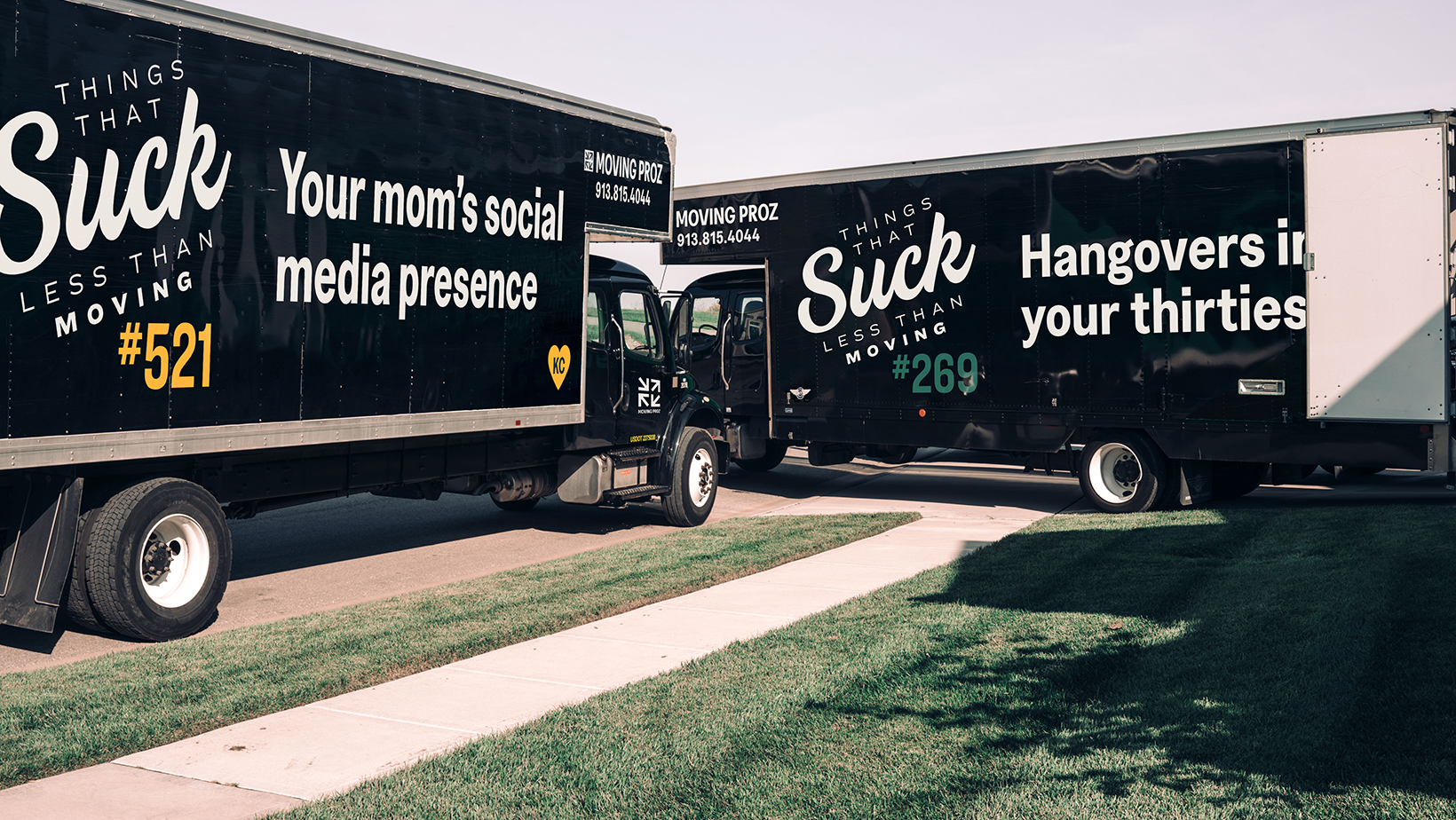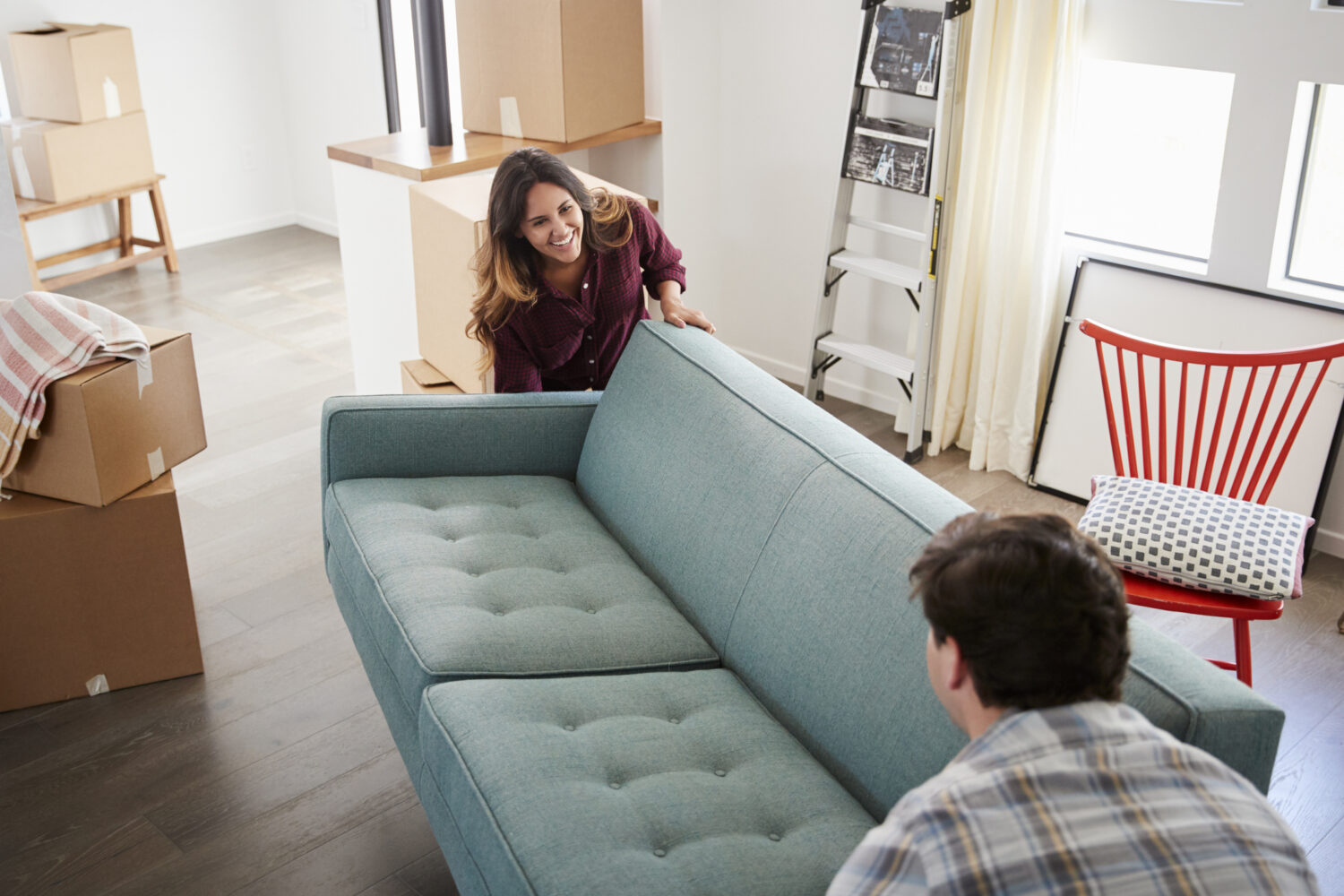When planning a move, there’s a right way and a wrong way to go about it. If you have hired movers, you’ll want to make sure you’ve given them all the right information and prepared the site beforehand so the transition goes smoothly for the most successful experience. But before you even get to that point, you have to find a suitable home or apartment to live in.
Here are some do’s and don’ts to follow.
DO:
1. Create a Budget and Stick to It
Before you move, you’ll want to plan out your finances carefully so you will be able to cover all the essentials. You should have a good idea about what the moving costs will be, as well as:
- Plan to purchase the necessities once in the new place, such as furnishings, cleaning supplies, toiletries, pantry products and more.
- Project your monthly income and find out what typical monthly mortgage and living expenses will be. Then figure out what an affordable mortgage would be (no more than 30% of disposable income).
2. Choose the Ideal Location
Consider factors such as:
- Proximity to your place of work or your kids’ school.
- Transportation options, such as public transport availability, traffic patterns, road infrastructure, or parking issues.
- Amenities such as grocery stores, hair salons, shopping centers, movie theaters, bars and restaurants, parks, etc.
- Safety and crime rates
- Quality of local schools
3. Tour Potential Homes
Check out properties in your price range and in your preferred neighborhood before making that all-important decision. In so doing, you should:
- Consider the overall condition of the property, checking for signs of water damage, HVAC issues, poor upkeep, etc.
- Be on the lookout for pest infestations
- Think about security issues, such as alarm systems, possible window access for intruders, fire escapes, etc.
4. Plan Ahead For the Move
Now that you have chosen a new home, it’s time to plan for the actual move out of your old place. How seamless your move is will depend heavily on how prepared you are beforehand. This means you should have all the packing and labeling done ahead of time, as well as determine where everything will go once in the new place. Clear paths for your movers so they can move freely without any obstacles.
5. Pack Items Safely and Efficiently
Proper packing will make all the difference between your items arriving safely or damaged.
- Gather all the right packing supplies
- Start the packing process as early as possible
- Pack all boxes correctly and efficiently; don’t overload
- Pack valuable and fragile items with extra care
- Protect furniture, electronics and appliances sufficiently
- Pack an essentials box for the first night
- Label all boxes clearly
- Hire professional packers if you haven’t got the time or patience
6. Take Good Care of Fragile, Sentimental and Expensive Items
Got priceless items that you can’t replace if they got broken? It’s best to take control of packing those items yourself. Pack all fragile, sentimental items, jewelry and cash separately and bring them in the car with you. Be sure to notify your movers know which boxes are fragile and which boxes are so fragile that you want them with you in your personal vehicle.
7. Label Boxes With Destination
Label your boxes with the contents, but also with the destination room so your movers and your family members will know exactly where to put them. Be specific, such as “first bedroom on right” or “guest bathroom on first floor.”

DON’T:
1. Micromanage
If you have hired movers, you did this for a reason. You want someone with experience to take care of all the details for you. So let your movers do their jobs. Sit back, answer any questions if they ask them, and try to relax.
2. Leave Items in Drawers
This makes dressers much heavier to move, plus the drawers can fall out and spill the contents. Remove all drawers and items for easier transport. Label everything you take out with the corresponding dressers so you know what goes where later.
3. Neglect to Tell Your Movers Important Stuff
Keep your movers in the loop with any pertinent information they need to know beforehand. Then, on the day of the move, don’t disappear on them. Be around to clarify things or direct them. Confusion about where things should go will only add to the time commitment on everyone’s part.
4. Handle the Move on Your Own
Hiring a professional moving company will ensure a smooth, successful transition. Experienced professionals will take the hassle and stress out of your relocation and take care of all the heavy lifting as well as logistics. Just be sure to book your movers well ahead of time so you can get the slot you need.
5. Neglect to Make Reservations
If you’re moving into a condo complex or apartment, reserve a parking space to accommodate the moving truck. Also, reserve the freight elevator for the day and time of the move, to help the movers get heavy and bulky items between floors.
This hastens the unloading process, which saves everyone involved time and energy. If you are moving into an apartment, let your landlord know when and what time the move will be happening. You should also let your immediate neighbors know as a courtesy.
6. Neglect to Coordinate Deliveries
It’s a good idea to arrange all your belongings to be delivered at the time you’re moving in. This way, you don’t have to coordinate costly storage or purchase new things in the meantime. Got large, cumbersome or oddly-shaped items that can’t fit in an elevator or tight stairwells? Ask your mover if they offer hoisting services.
7. Neglect to Have Your Home Ready Before Move-In Day
Make sure your new home is totally ready for you to move out of, before the movers get there.
- Perform any small repairs ahead of time.
- Repaint the walls and ceilings, polish wooden surfaces, etc. to spruce up the place for the new owners or tenants.
- Make sure the most essential utilities are running on move-in day, such as gas, electricity, and water.
- In the new home, change all locks, install smoke detectors, place fire extinguishers in cabinets, etc.
Contact Moving Proz
Moving to Olathe, Lenexa, or Roeland Park? Get a free quote when you contact us at 913-251-9037. We can help you make a smooth transition to your new home, apartment or office.
